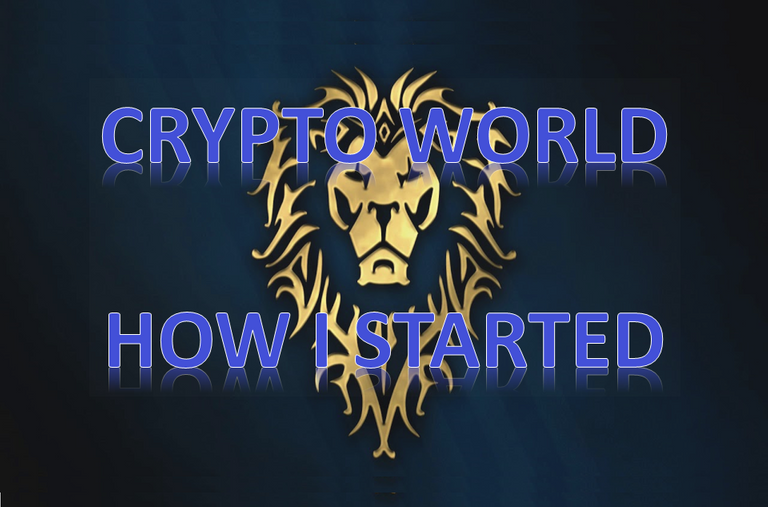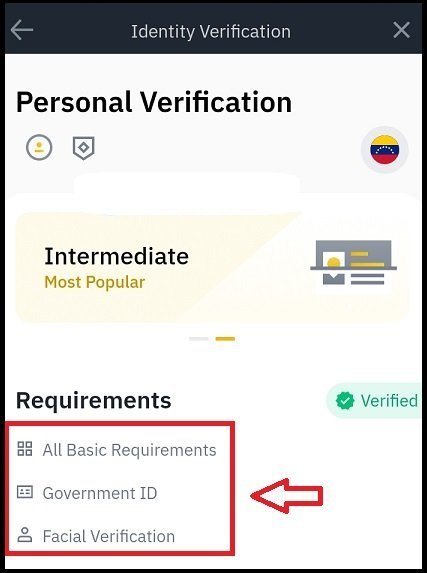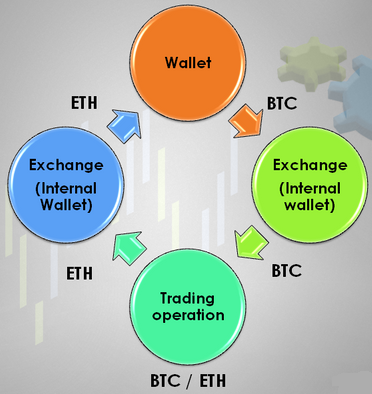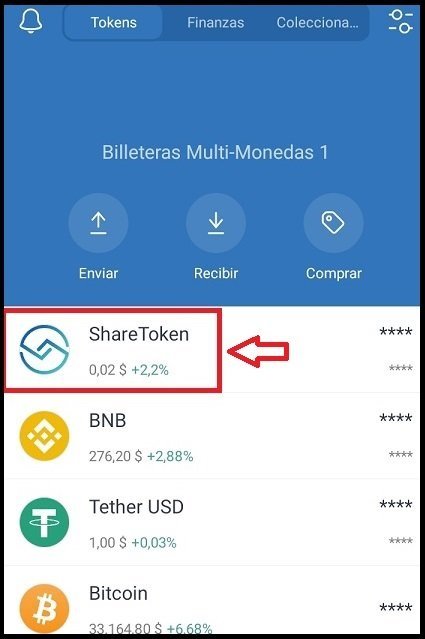Today I want to talk to you about two fundamental aspects of this world: the management and knowledge of wallets and exchanges. But I don't want to do it from a theoretical point of view as there are many sites but from the perspective of my own personal experience.

I must clarify that during this adventure the concepts of Wallet and Exchange are ones that you will hear all the time because ultimately these applications are the ones that allow us to interact in the world of Cryptocurrencies. These applications will fulfill the functions of safes and cryptocurrency brokers.
Clarification: In cryptocurrency trading, we do not operate with brokers, but with Exchanges.
1-Concepts, differences and functions.
Wallets
They represent the safes for our cryptocurrencies, they are applications or in some cases physical devices whose main function is the secure storage of token information. Their main classifications are hot wallets and cold wallets, which will determine their security level.
Exchanges.
These are virtual applications that allow us to access a kind of global exchange market, through which we can exchange my tokens with other Exchange users.
I must clarify that every Exchange account is assigned a Wallet within the Exchange, (for this reason it is often confusing). However, as we will learn later, this wallet inside the Exchange is not very secure. Differences and Functions:Among some differences we can say that although in both cases the creation of an account is as simple as creating a Social Network account, each has different validation methods.
In the case of wallets, the system assigns you a phrase called "seed phrase", which is a series of random words that the system will ask you for in a specific order to validate that you are the legitimate owner.
Tronlink wallet account seed phrase.

Remember:
Wallet: Holding and store.
Exchange: Trading.
Finally, for both cases, you should not forget that the transfer method is the same; through a code that each Exchange or wallet will give you to transfer your cryptos.2- Pros and Cons.
Wallets Pros.
- A higher level of security. In the case of cold wallets or offline wallets, the security is higher since it is impossible for a hacker to access your cryptos to steal them.
Wallet Cons.
- It does not allow trading or exchanging cryptocurrencies.
-In the case of some online wallets it is allowed to perform Swap operations but the fees are high. - In the case of crypto storage devices, they are expensive, and in the case of some offline wallets, they are difficult to use.
Exchange Pros.
- Their interfaces are generally user-friendly, so they are easy to access and easy to use.
- They have an internal wallet that allows immediate trading.
- They allow the exchange of the vast majority of cryptocurrencies on the market.
Exchange Cons.
- Low level of security compared to wallets. In fact, there are several cases of hacks to famous exchanges. Read this Article
3- If I have an exchange account, why should I need a Wallet?

Image Edited by me in Powerpoint
4- Should I have just one exchange account or Many?

This token is called Sharetoken I have only been able to obtain by performing a swap operation in Trustwallet. https://trustwallet.com
Conclusion
Posted Using LeoFinance Beta
Posted Using LeoFinance Beta